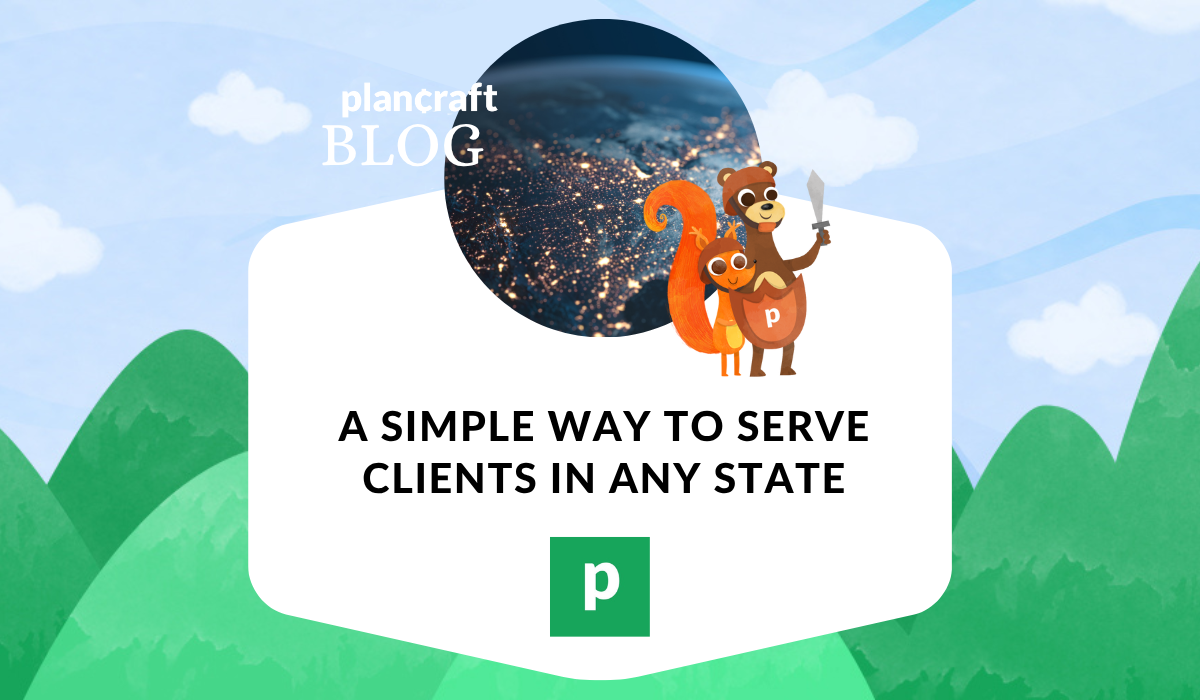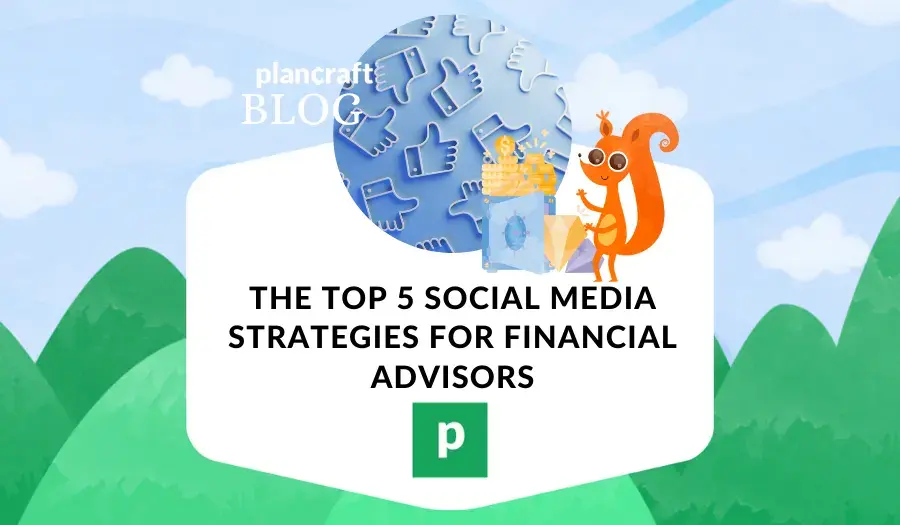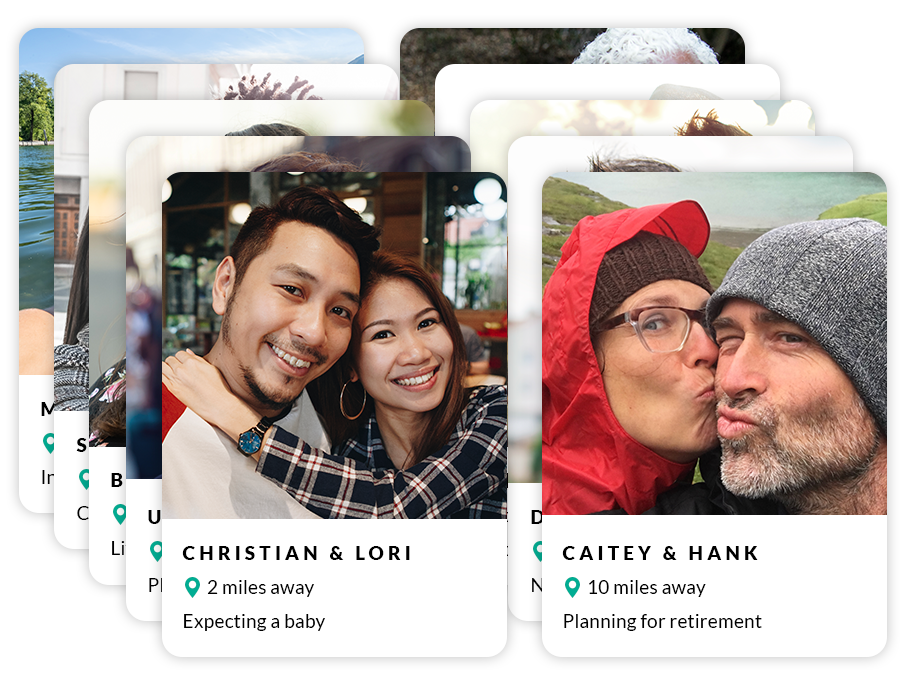When advisors flip from a local footprint to serving households across the country, the first reaction is usually excitement followed by a quiet “now what.” Time zones get involved. Licensing questions pop up. Small operational gaps suddenly matter because you are not meeting in the same zip code. The good news is you do not need to rebuild your practice to make national work. You need a few clear promises about how you will serve people you may never meet in person, and a simple way to keep those promises every week.
Here is a calm way to think about it before you turn on national assignments.
Start with the kind of work you can deliver anywhere
Clients care less about where you sit and more about whether you can help them make good decisions. That starts with defining the work that travels well. Planning conversations translate easily on video when the agenda is crisp. Reviews do too when the materials are simple and visual. What tends to struggle is anything that relies on improvisation or a pile of documents no one can find. The fix is not fancy. Send a short “what we will cover” note before each meeting. Keep your one-page plan and action list on the screen, not buried in an app. When clients know what is coming, distance fades.
Make time zones invisible
A small scheduling choice does a lot of work here. Offer a few prime windows that fit most U.S. time zones and label them plainly. If you publish 11 a.m. and 3 p.m. Eastern, say so on the booking page so a client in Phoenix or Seattle is not guessing. In reminders, write the time twice, once in your time and once in theirs. It feels trivial. It prevents missed calls and apologetic emails that drain momentum.
Keep onboarding light and complete
National reach amplifies small friction. A tidy intake is worth its weight in kept appointments. Send a short welcome with three asks, not ten. Identity verification, a secure way to share statements, and a simple personal details form cover most of what you need to start. If your process includes risk or discovery questions, keep them conversational and explain why they help. People complete forms when they can see the point.
Be honest about licensing and scope
Before you switch on households from across the map, match your licensing to the work you offer. Investment advice and insurance each have their own rules. If you are adding new states, stage them in a sensible order and write down where you are live today. Do the same with insurance appointments. A simple grid you can check before you book a deeper meeting will save you from awkward follow-ups. When you are not yet set up in a state, say so, explain your timeline, and keep the relationship warm. Clients appreciate candor more than a rushed process.
Document the differences, then standardize the rest
State lines do not change the core of good planning, but they do create little differences. Property taxes, community property rules, and state credits show up in client stories. You do not need to memorize them. You need a running note in your template that says “state specifics” with links or reminders you trust. The framework stays the same. You drop in what is different when it matters. That balance keeps your process consistent while respecting the client’s reality.
Give meetings a backbone
Distance magnifies drift. A light agenda at the top of every call keeps you and the client moving together. Start with why you are meeting, confirm what changed since last time, and list the two or three decisions you hope to reach. End by saying who is doing what and when you will check in again. Typed in real time is best. Clients like leaving with a short record they can share with a partner who was not on the call.
Show rather than tell
Screen sharing is your ally when you work nationally. Use it to show the plan, not the software. Keep numbers readable and point to what matters. If you are walking through spendable cash, draw the path briefly. If you are covering taxes, circle the places where the return will reflect the plan. Visuals travel. They lower the chance that a client nods on Zoom and then forgets what to do when the call ends.
Build a simple follow up habit
National households are easier to serve when follow up is predictable. After each meeting, send a short summary with the decisions made and the next steps. Include links to anything the client needs to sign or upload. If a task is yours, give yourself a real deadline and put it on your calendar before you move on. Consistency beats heroics.
Think through money movement and signatures
Distance turns paperwork into logistics. Decide ahead of time how you will handle e-signatures, funds transfer, and document collection. Use one secure path for everything rather than three different tools. Clients will use what you use. If they see you changing methods, they will start improvising too. The result is missing files and slow starts. A single clean path keeps the pace up.
Keep compliance close
Going national does not mean going informal. Keep your notes complete, your advice clear, and your approvals timely. A short checklist at the end of each new relationship helps: disclosures acknowledged, identity verified, suitability captured, and scope documented. It is not dramatic. It is the guardrail that lets you move quickly without second guessing.
A quick story
Renee had a tight local practice in North Carolina and wanted to expand. She turned on national assignments but made only two changes in the first month. She narrowed her booking options to two daily windows and labeled them Eastern time in every email and text. She also rewrote her first-meeting agenda to fit on one screen and sent it with a three-item checklist the minute a meeting was booked. Nothing else moved. Show rate rose. Second meetings rose. The work did not get flashier. It got easier to follow from a thousand miles away.
When you should wait
There are good reasons to hold off. If you are still dialing in your first meeting, or your onboarding feels heavy, fix those close to home first. National reach magnifies whatever is already true. If your calendar is already stretched, a larger footprint will feel like more noise, not more opportunity. Make the process breathable, then expand.
The small promise that makes national work
Tell households what you will do in the first 24 hours after they show interest and keep that promise every time. It can be as simple as a same-day text, a short intro call within two business days, and a one-pager they will receive after that call. The content is less important than the reliability. Across distance, reliability is how trust starts.
Light footer for your email
If you are licensed to serve clients nationwide and ready to expand, turn on the National Assignments Toggle in your profile settings. It lets you receive households from anywhere in the country so you can put this playbook to work.









